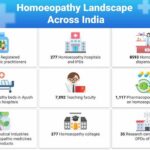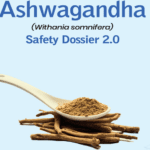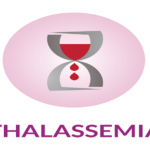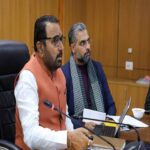On this occasion, the Minister also said that quality of medicinal plants based raw material is also one of the most important aspects. This being largely a perishable commodity, quality deterioration starts almost immediately after harvest especially in case of herbs and shrubs, he added. Shri Naik informed that NMPB has already started a major initiative by involving Joint Forest Management Committee / Self Help Groups and other similar agencies for proper drying, storage and primary processing of fresh produce at their doorsteps so as to ensure quality assurance. This scheme would give opportunity to farmers, collectors, traders and other stakeholders to get their raw material certified, Minister further said.
The AYUSH Minister further explained that More than 80% Medicinal plants are sourced from the forest and this area have the potential of generating lot of employment opportunities. He said that the fringe areas of rich biodiversity sites are inhabited by the poorest of the poor, whose incomes can be augmented by a comprehensive strategy aimed at capacity building, provision of value addition facilities and structuring an interface between the community and industry.
Shri Vaidya Rajesh Kotecha, Secretary Ministry of AYUSH; former Secretary of AYUSH Shri Ajit M Sharan; Ms. Shomita Biswas CEO, National Medicinal Plants Board were also present on this occasion.
During the Inaugural session the Minister also launched the “Voluntary Certification Scheme of Medicinal Plants Produce (VCSMPP)”, designed by NMPB through Quality Councils of India (QCI).
The important areas of Medicinal Plants Sector like Forest & Conservation, Infrastructure, Marketing & Trade, Cultivation, Sustainable Harvesting & Post harvest Management, Quality & Certification, Research & Development, Regulatory & Legal framework, Networking & IT/Space Intervention, Finance and Information, Education & Communication and Capacity Building are covered in the 8 sessions by specialists from all over the country.







